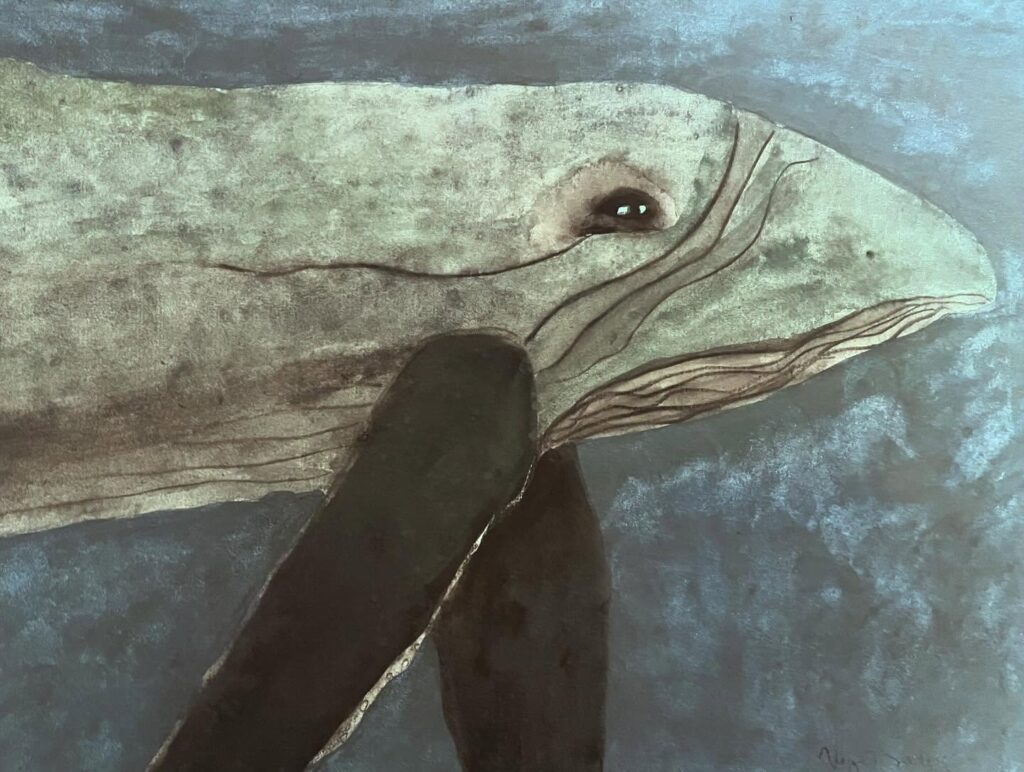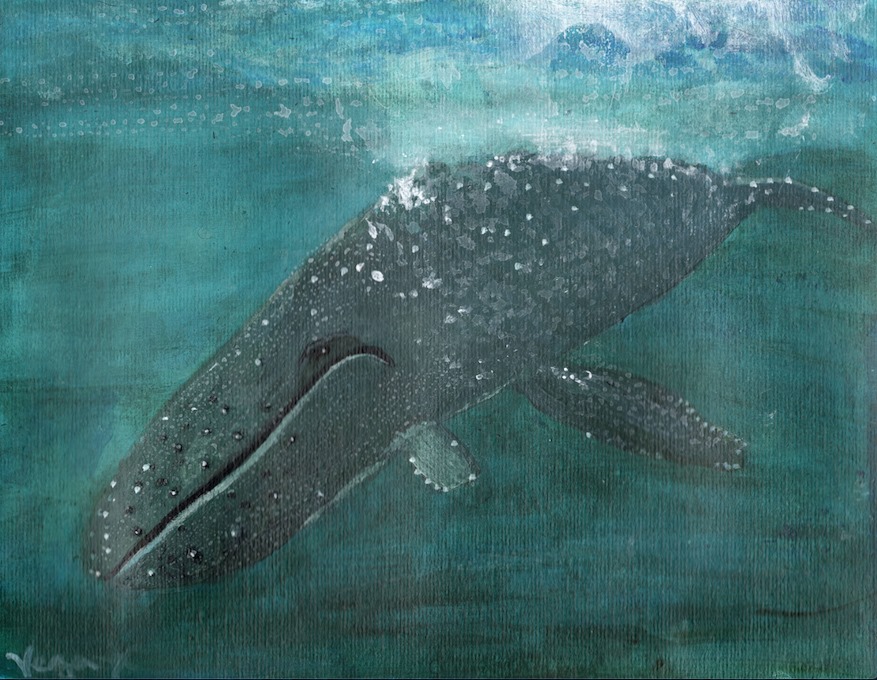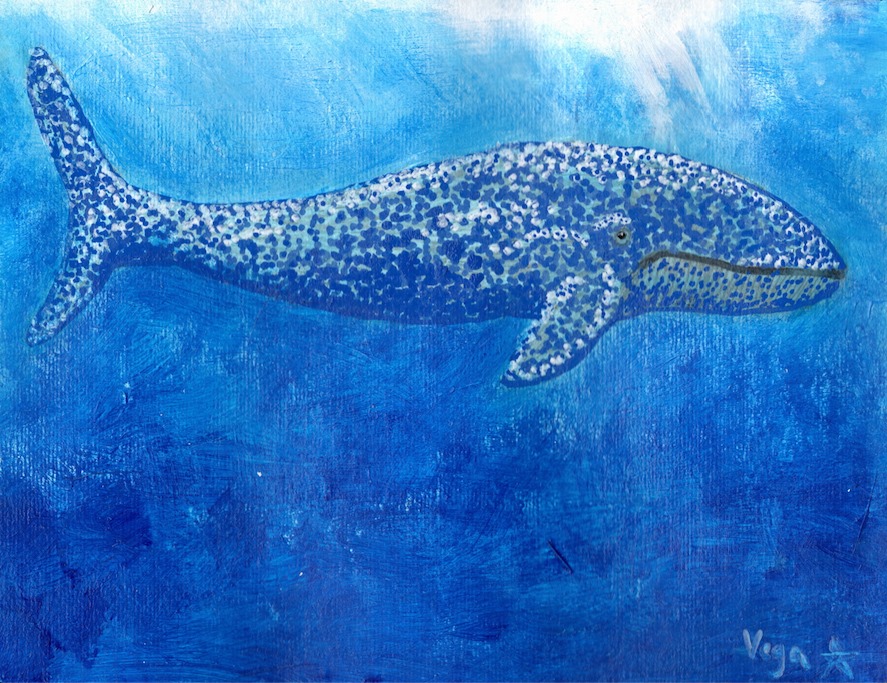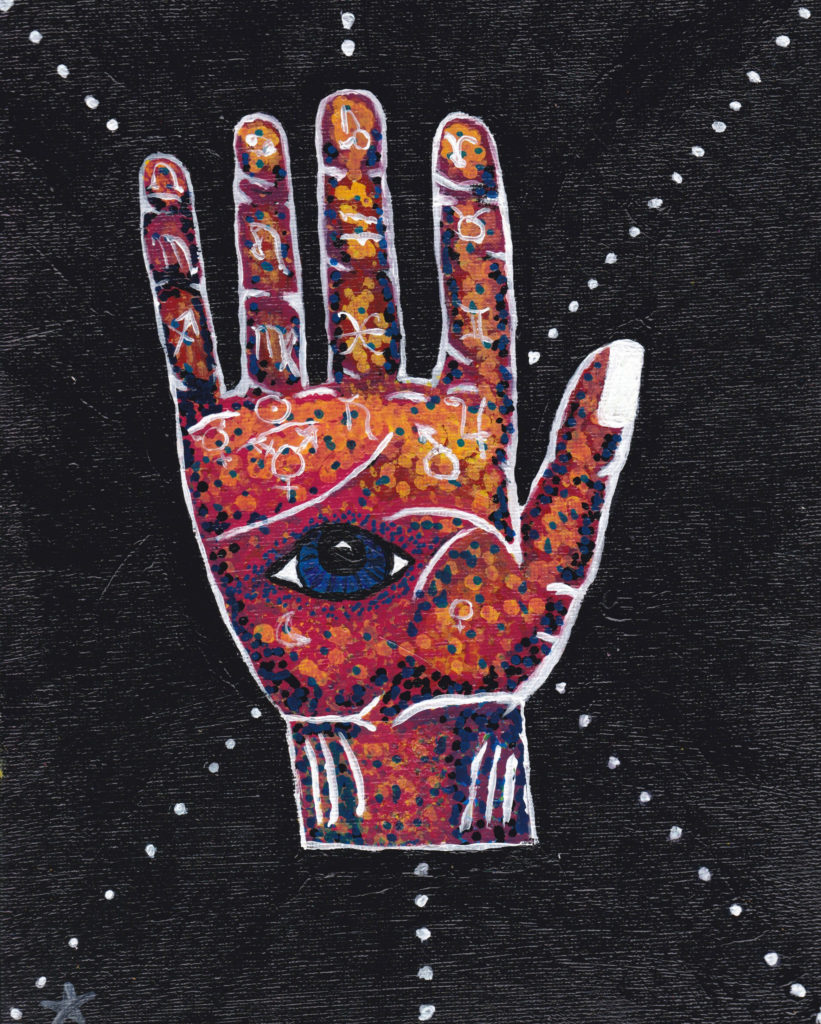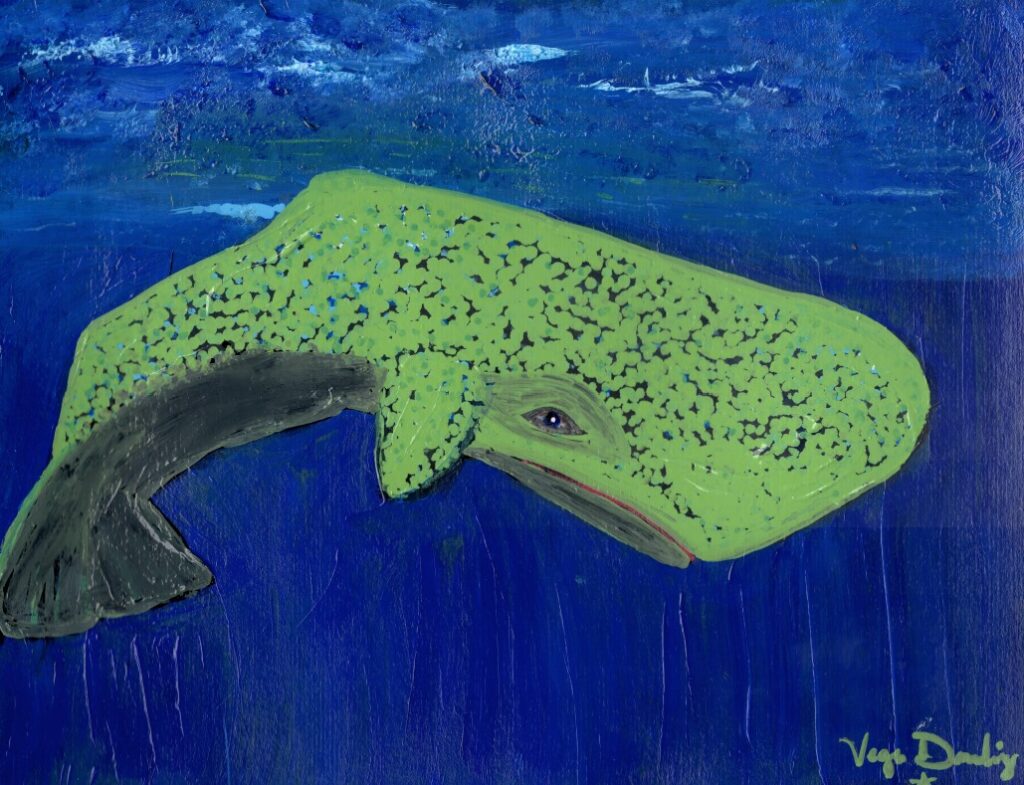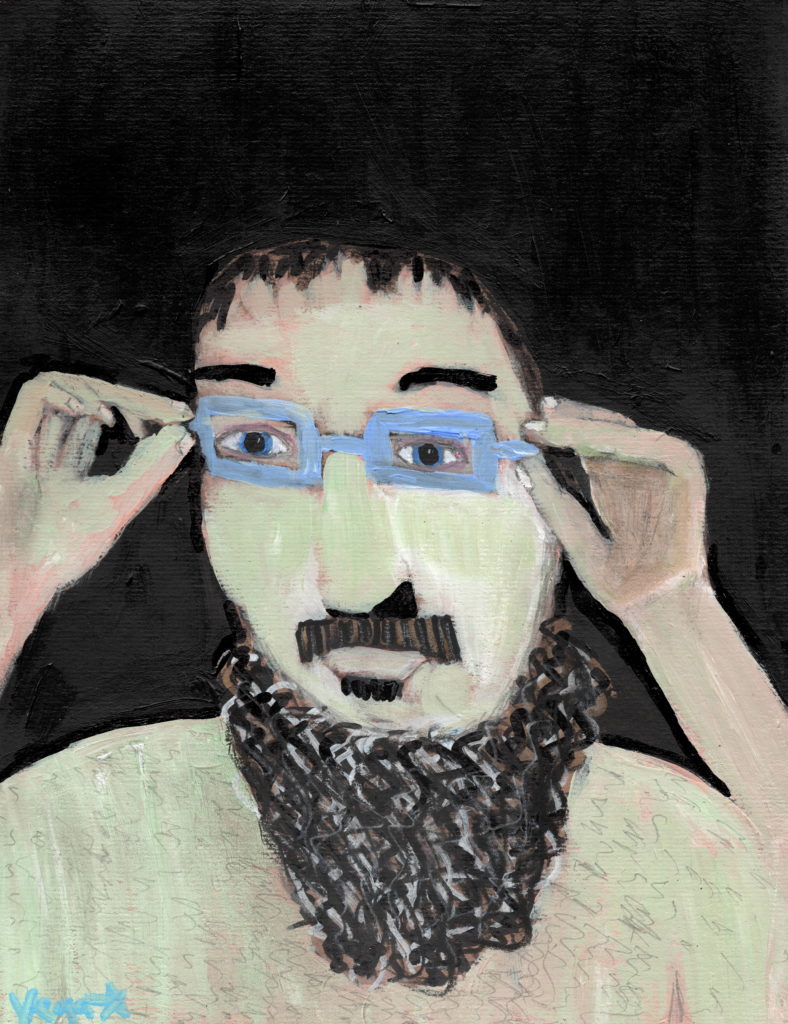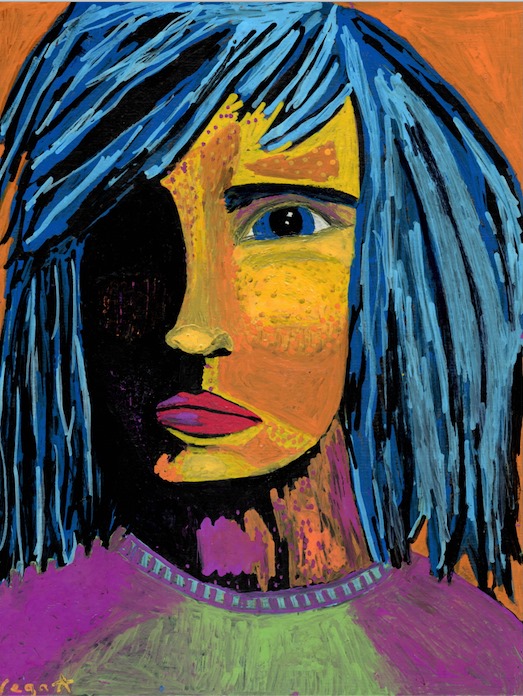Filmmaker | Educator | Cultural Archivist | Painter
“Sometimes all we have is community—and that’s not a fallback, it’s the foundation. I come from DIY spaces where media isn’t something you consume, it’s something you make with others. It’s skill-sharing, mutual support, and finding ways to tell stories that matter, even when resources are limited. That kind of practice isn’t just practical—it’s political. It challenges who gets to speak, who gets seen, and how knowledge circulates. For me, media making has always been less about individual expression and more about collective process. It’s about building relationships, not just content.”
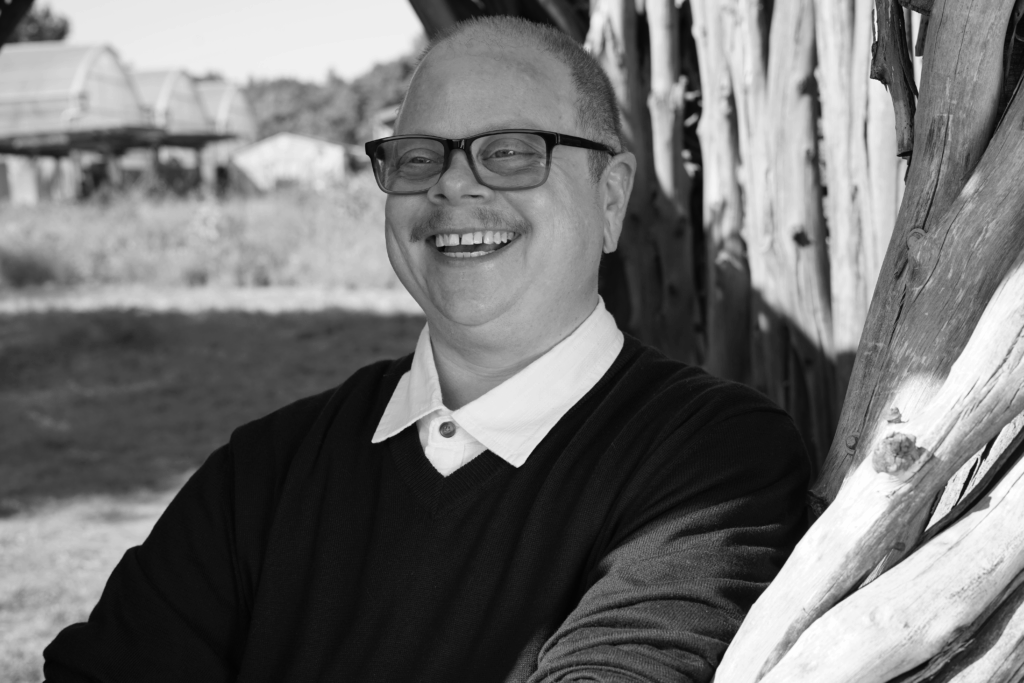
Vega Darling (he/him) is a documentary filmmaker, educator, and media activist whose work focuses on the intersections of queer and trans histories, feminist punk culture, and the role of media in advancing social justice. His practice is grounded in critical media studies and cultural preservation, with particular attention to the political utility of storytelling in challenging dominant narratives and shaping collective memory.
Darling holds an MFA in Social Documentation from the University of California, Santa Cruz, and a dual BA in Psychology & Social Behavior and Film & Media Studies from the University of California, Irvine. His films have been exhibited in a range of international and domestic venues, including the East End Film Festival (UK), Yerba Buena Center for the Arts, Vox Populi, Orange County Museum of Art, Los Angeles Punk Film Festival, Frameline Film Festival, and Carnegie Mellon University. His 2016 short documentary Lost Grrrls: Riot Grrrl in Los Angeles has been recognized by Alternative Press and Dazed Digital for its original contribution to feminist punk historiography. His most recent work, In the Shadow of AIDS (2024), investigates intergenerational trauma and the affective legacies of the AIDS epidemic; it is currently being developed into a feature-length film.
Darling’s research and creative practice are deeply shaped by his long-standing engagement with grassroots organizing and independent cultural production. As a founding member of Riot Grrrl Atlanta and an active contributor to the overlapping riot grrrl and queercore punk movements, he has curated and produced numerous live events, community festivals, and self-published media projects that foreground queer and trans narratives—particularly those emerging from the American South. His leadership and advocacy have spanned a range of organizations, including Atlanta Pride, South Georgia Pride, Trans Day of Remembrance Atlanta, Bay Area Ladyfest, Gender Reel Film Festivals, TransYouth Family Allies, and the Philadelphia Trans Wellness Conference. Through these roles, he has consistently advanced arts-based approaches to cultural empowerment, visibility, and intersectional justice.
In academic settings, Darling has implemented innovative, interdisciplinary courses in film and media studies, with an emphasis on critical pedagogy, representational ethics, and social equity. His teaching portfolio includes New Queer Cinema, Disability-Centered Film, PUNK FILM, and Documentary Practice for a Changing World. Across his pedagogy and professional practice, he advocates for inclusive, student-driven education and creative risk-taking grounded in rigorous critical inquiry.
Darling’s work grows out of a deep commitment to community, memory, and justice. He brings together research, public history, and creative practice to tell stories that are often overlooked—stories rooted in resilience, resistance, and collective care. Guided by an ethic of accountability and curiosity, his filmmaking and teaching are grounded in a belief that media can be a powerful tool for transformation, both personal and political.
Paintings
